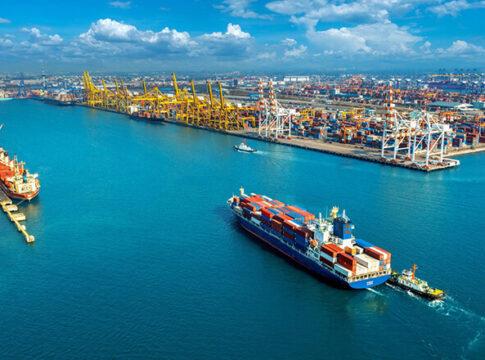The Suez Canal Economic Zone (SCZone) has seen a significant influx of Chinese enterprises, with Chairman Walid Gamal El-Din announcing that 200 Chinese companies are now operational in the area, spanning a variety of sectors. This announcement follows a fruitful engagement with the Jiangsu Federation of Industry & Commerce (JSFIC), where promotional efforts in China have successfully brought in new investments exceeding $1.067 billion.
The recent meeting highlighted opportunities to strengthen ties and showcased SCZone’s diverse investment prospects across 21 sectors, including industrial and logistical areas. The aim is to entice more companies from the Jiangsu Province to tap into the zone’s dynamic market.
Additionally, El-Din reported impressive financial results for the SCZone, with revenues reaching LE 8.245 billion in the fiscal year 2023/2024. A substantial 72% of this revenue, amounting to LE 5.932 billion, was in dollars. This marks a remarkable 205% revenue increase since the fiscal year 2016/2017, when revenues stood at LE 2.76 billion. By the fiscal year’s end, revenues surged to approximately LE 8.5 billion.
The promising developments were further discussed in a critical meeting between El-Din and Egypt’s Prime Minister, Mostafa Madbouly, focusing on the zone’s robust performance and strategic growth. This upward trajectory not only underlines SCZone’s pivotal role in the region’s economic landscape but also highlights Egypt’s growing appeal as a hub for international business ventures.
In the broader context, China’s Belt and Road Initiative has played a significant role in boosting economic ties between China and Egypt, with the SCZone serving as a vital gateway for trade routes. The zone’s strategic location and continuous infrastructure development make it an attractive destination for global investors seeking to capitalize on Egypt’s favorable trade policies and expanding market.
This synergy between Chinese investment and Egyptian development efforts promises a prosperous future for the SCZone, positioning it as a cornerstone for economic collaboration in the region.


